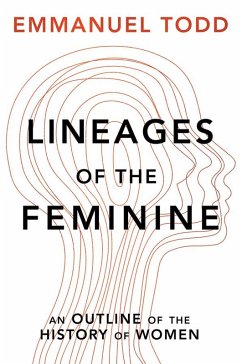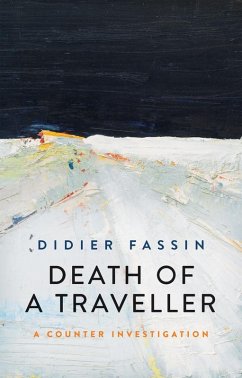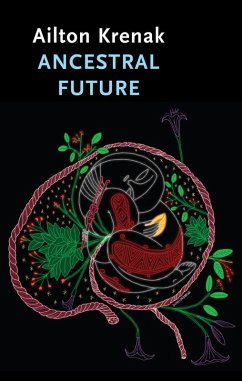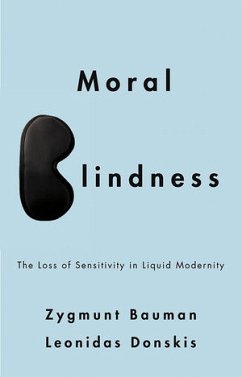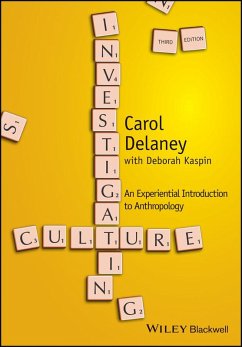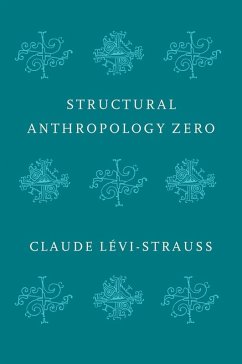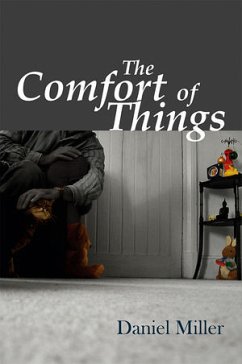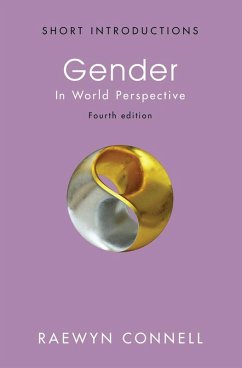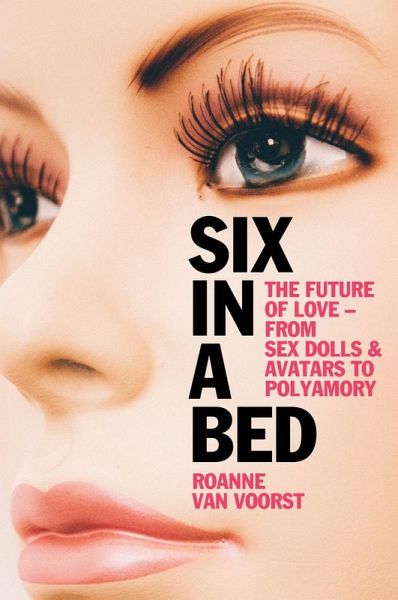
Six in a Bed (eBook, ePUB)
The Future of Love - from Sex Dolls and Avatars to Polyamory
Übersetzer: Waters, Liz

PAYBACK Punkte
0 °P sammeln!
Love is the most important and intense experience of our life. It pushes us to elation, to heartbreak, to sing for joy and sob in disappointment. Connecting in this way to others is an essential quality of being human: without love, we don't learn and develop properly as children and we don't flourish as adults - in short, we're starved of what we need.But love is on the verge of monumental change. Sex robots are already on the market, polyamory is gaining ground, drugs are being developed that can make you fall in love, and AI and robotics are set to revolutionize how we relate to each other....
Love is the most important and intense experience of our life. It pushes us to elation, to heartbreak, to sing for joy and sob in disappointment. Connecting in this way to others is an essential quality of being human: without love, we don't learn and develop properly as children and we don't flourish as adults - in short, we're starved of what we need.
But love is on the verge of monumental change. Sex robots are already on the market, polyamory is gaining ground, drugs are being developed that can make you fall in love, and AI and robotics are set to revolutionize how we relate to each other. Debates about whether more than two people should be able legally to get married are heating up; at the same time, an increasing number of people have decided to stay single and who go by the name of sologamists.
The futures anthropologist Roanne van Voorst spent three years researching love's fluid landscape and immersing herself in today's latest trends to gain insight into the human of tomorrow. She cultivated a virtual friendship, hired a rentable friend and an erotic masseuse, shared a bed with sex dolls and flirted with artificial intelligence. She dated and danced in a virtual world, spoke to polyamorists, sologamists, sex workers, pansexuals, asexuals, heterosexuals, homosexuals, men, women, and people who don't accept the binary gender label. She wanted to know how changes to love are changing our species. This book is her brilliantly engaging answer.
But love is on the verge of monumental change. Sex robots are already on the market, polyamory is gaining ground, drugs are being developed that can make you fall in love, and AI and robotics are set to revolutionize how we relate to each other. Debates about whether more than two people should be able legally to get married are heating up; at the same time, an increasing number of people have decided to stay single and who go by the name of sologamists.
The futures anthropologist Roanne van Voorst spent three years researching love's fluid landscape and immersing herself in today's latest trends to gain insight into the human of tomorrow. She cultivated a virtual friendship, hired a rentable friend and an erotic masseuse, shared a bed with sex dolls and flirted with artificial intelligence. She dated and danced in a virtual world, spoke to polyamorists, sologamists, sex workers, pansexuals, asexuals, heterosexuals, homosexuals, men, women, and people who don't accept the binary gender label. She wanted to know how changes to love are changing our species. This book is her brilliantly engaging answer.
Dieser Download kann aus rechtlichen Gründen nur mit Rechnungsadresse in D ausgeliefert werden.



